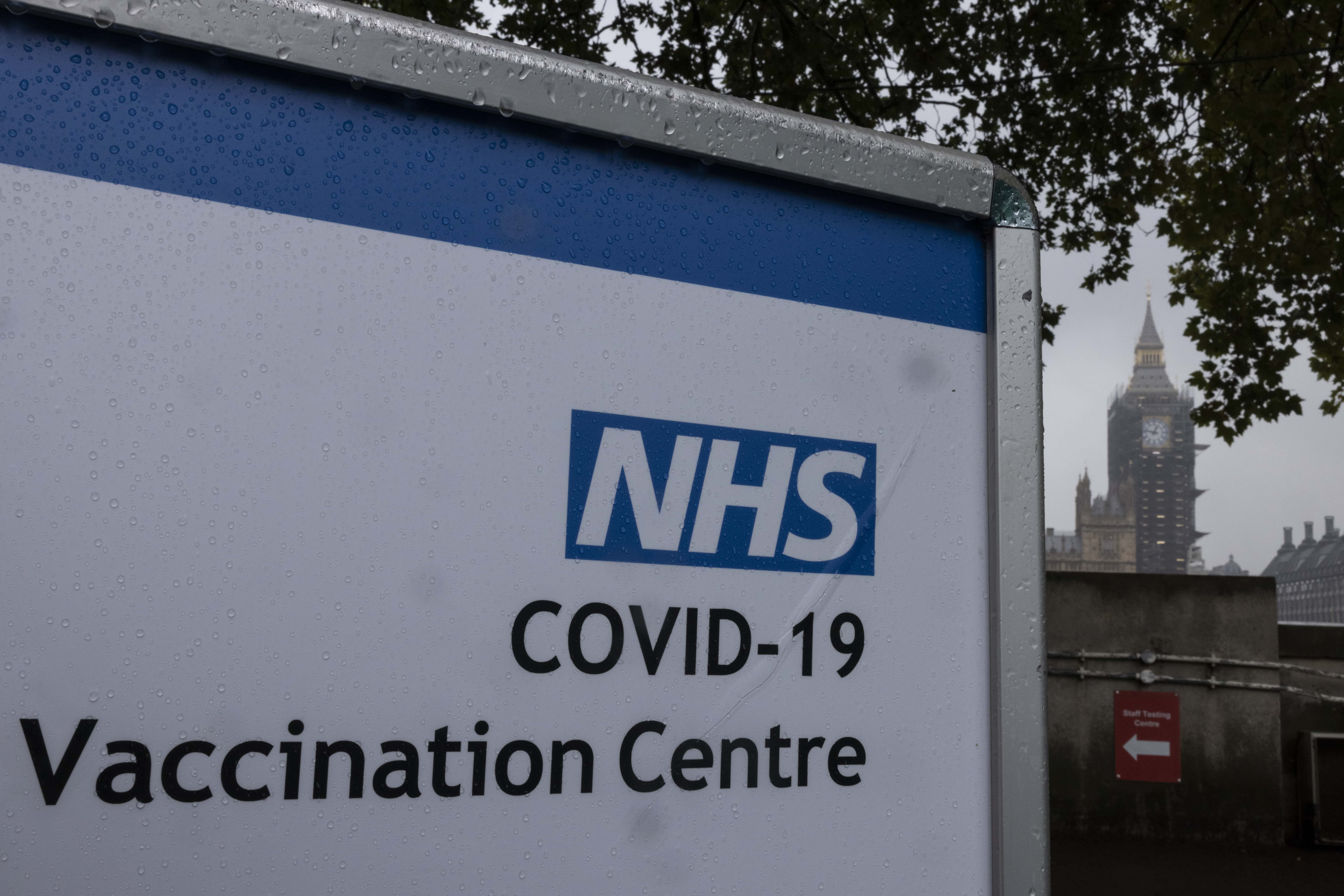Medical treatments delayed as hospitals cancel appointments for Queen Elizabeth's funeral

LONDON, ENGLAND: The death of England’s longest-reigning monarch, Queen Elizabeth may have delayed medical care for thousands of patients as a number of hospitals in the UK have decided to rearrange appointments following Queen's funeral. According to openDemocracy, a United Kingdom-based news outlet, thousands of patients in England have had hospital appointments rescheduled because of the Queen’s funeral.
The UK government's decision to declare the Queen’s funeral, September 19th, a “bank holiday” to allow mourners to “pay their respects to Her Majesty," seems to have tied up in the delay of hospital appointments.
READ MORE:
However, employers aren’t required to give their employees time off, as a bank holiday doesn't guarantee the day off because there is no guaranteed entitlement to time off so it's really a matter of discussion between employee and employer.
Since certain services need to be up and running, so there will be definitely some people who will be working whether it's a holiday or not, but a number of people will be taking off following the funeral.
The timing, could not be worse, as over 6.8 million people were still waiting for health care appointments as of the end of July, according to the National Health Service (NHS). This includes patients scheduled for hip and knee replacements, cataract surgery, maternity checks, and certain cancer checks, according to openDemocracy.

GP practices were told they could close if they wanted to on 19 September and that they would need to make it clear to potential patients where else they could access primary care, in a letter signed by Dr Ursula Montgomery, NHS England's director of primary care.
Although NHS trusts have decided to postpone only all non-urgent procedures and clinic appointments, however, that would possibly leave some patients who had been waiting months for treatment in the lurch.
The British Medical Association (BMA) says that while 377,689 have been waiting over a year for treatment, 2.67 million have been waiting more than 18 weeks to receive treatment. 13.3 weeks is the median average time a person spends on an NHS waiting, but as of now hospitals are concerned about the "hidden backlog" of people who need treatment but have not yet sought out medical help or any treatment. "Hidden backlog" is "storing up greater problems for the future", which BMA says will lead to "worsened conditions down the line and greater demand on health services."










